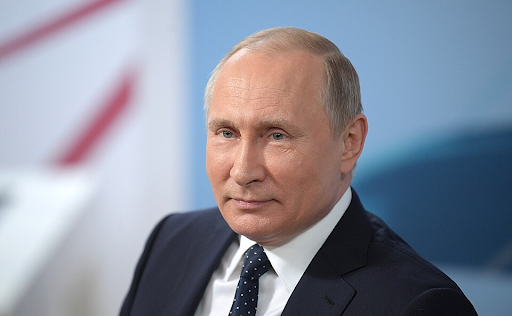In the court of global public opinion, Russia’s confession in the 2024 Azerbaijan plane crash is likely to be viewed as a mixed verdict. While the admission of fault is a positive step toward transparency, the ten-month delay and the accusation of a cover-up will cast a long shadow.
For many international observers, the admission will be seen as a case of “too little, too late.” The expectation in the 21st century is for swift and open communication following such tragedies. Russia’s failure to meet this standard will reinforce existing perceptions of a secretive and untrustworthy government.
President Ilham Aliyev’s sharp accusation of a “hush up” will resonate strongly with a global audience already skeptical of Moscow’s narratives. His words provide a powerful counter-narrative to Putin’s story of a tragic accident.
However, some may view Putin’s admission as a pragmatic and responsible move, especially when contrasted with Russia’s outright denial of involvement in other incidents like the downing of MH17. In this light, it could be seen as a modest evolution in Russian foreign policy.
Ultimately, Russia’s final standing in the court of public opinion will depend on its actions, not its words. The world will be watching to see if the promised compensation is fair and if the legal review is credible. Only then will a final judgment be rendered.


